A Better Future for the Planet Earth
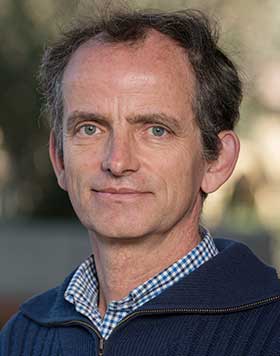
Prof. Eric Lambin (Belgium)
Geographer
Born: September 23, 1962, Brussels (Belgium)
Professor, Université catholique de Louvain and Provostial Professor, Stanford University
Childhood
A Childhood Filled with Horse Riding, Reading and Music
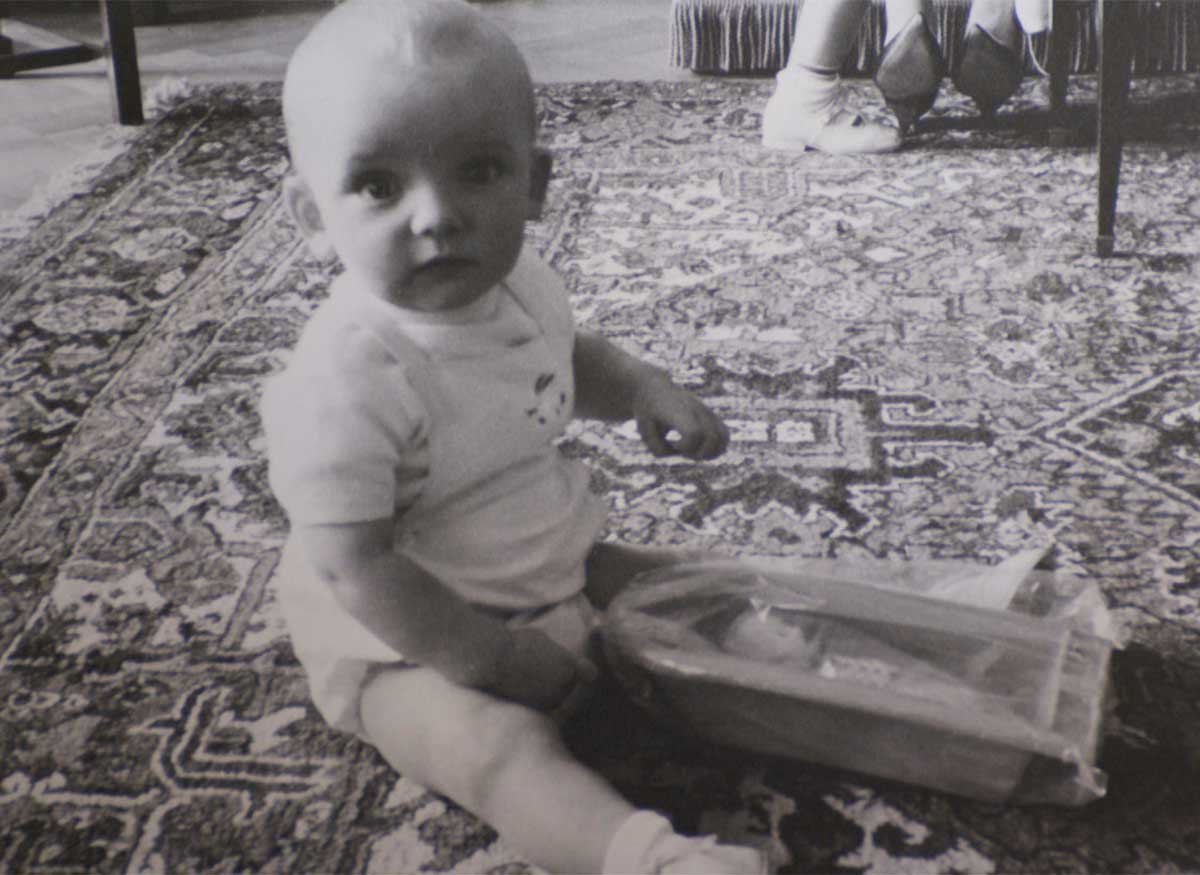
I was born in Brussels in 1962. When I was about 10 years old, my family moved to the countryside, outside Brussels. I had a happy childhood. I lived next to a large forest and I was spending my weekends outdoors exploring the landscape and nature.
I started to ride horses when I was 10. We have always had horses at home since. I spent a lot of time taking care of horses, riding and hiking out in the woods. At home, I read a lot of books, mostly novels and philosophy and poetry books. I still like to explore international literature as it is a great way to travel through the books by discovering great authors from different parts of the world. I also played clarinet and saxophone, mostly jazz music. My father was a university professor specialized in strategic management and marketing. My mother was a historian and a teacher. I have been fortunate to be raised in a family that was intellectually curious and open to the world, and to be born in a privileged country where I was able to study what I wanted.
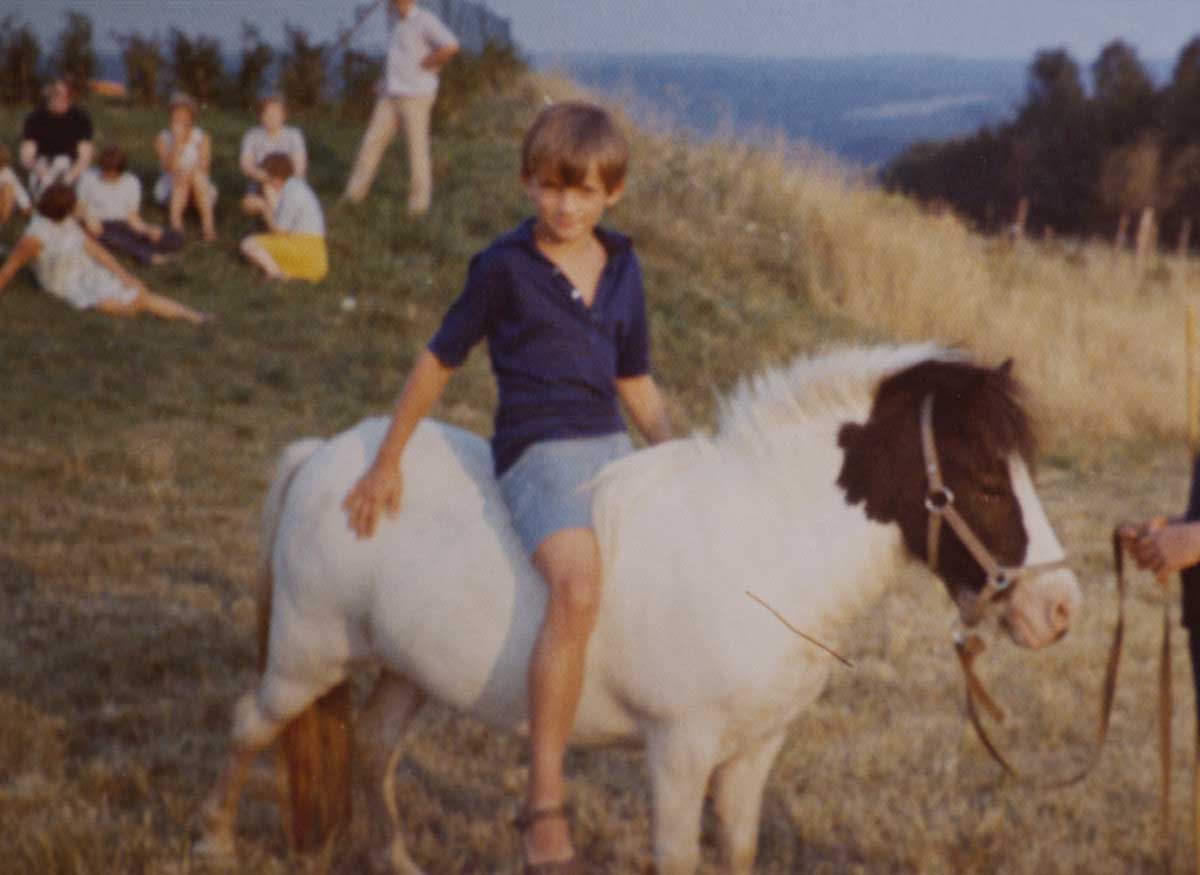
Rebellious High school Days
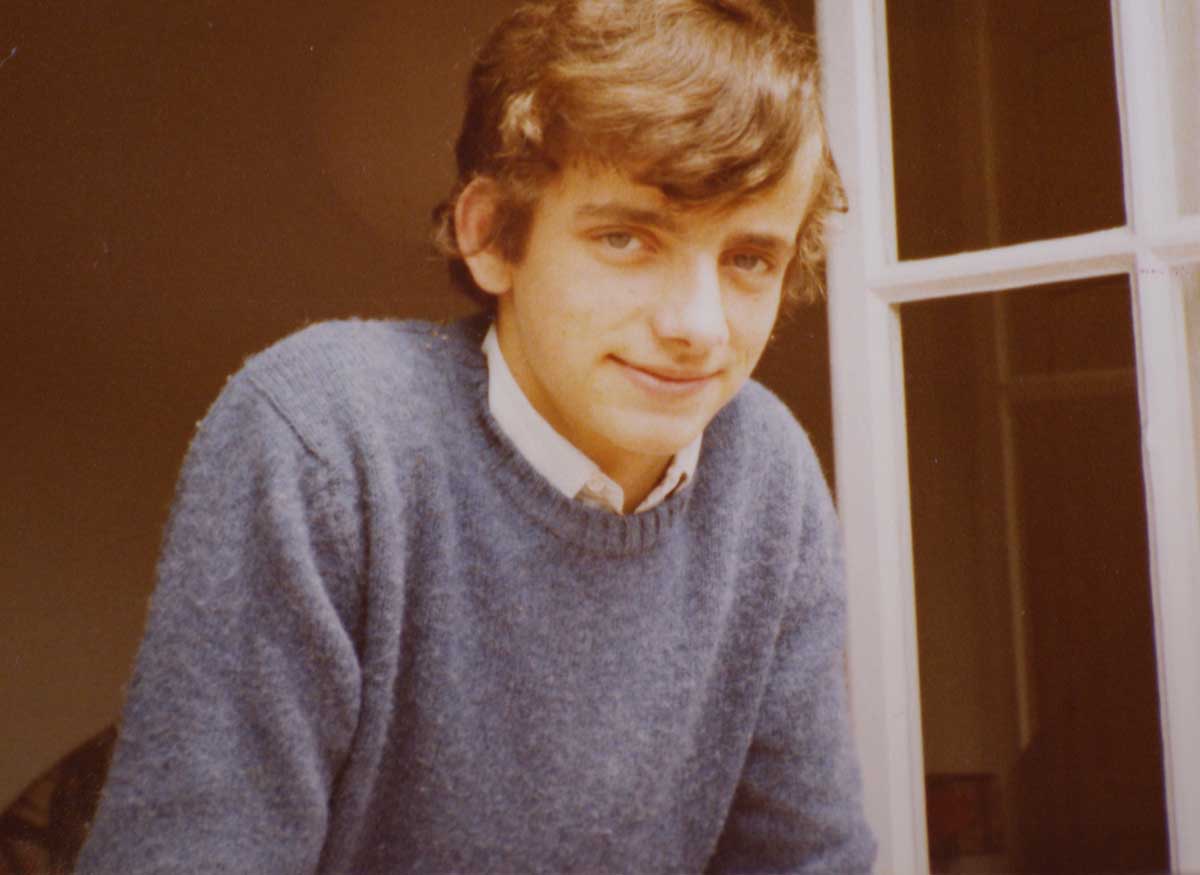
Throughout high school I was not a very motivated student. At that time, no one would have guessed that I would later become a scientist. I never liked to be told what I should do. In fact, thinking independently is an important quality for a researcher because you always have to question dogma and common understanding.
A Path Guided by Passion for Traveling
Discovering the World
When I finished high school, I wanted to travel and discover the world. I first went to Ireland, hitchhiking with my backpack. After traveling for a few months, I came back to Belgium to study at University of Louvain starting in 1981. From that moment I became a very good student because studying was my own choice.
Studying Geography and Philosophy at University
I did a major in geographical science and a minor in philosophy. I just couldn’t choose between these two, so I thought I would give it a try to do both. It was very interesting to explore these different disciplines in parallel. Studying philosophy surely helped me to develop analytical and critical skills and to acquire a broader perspective in my research. This education helped me to reflect on the role of science and policies on society, especially as it relates to sustainability.
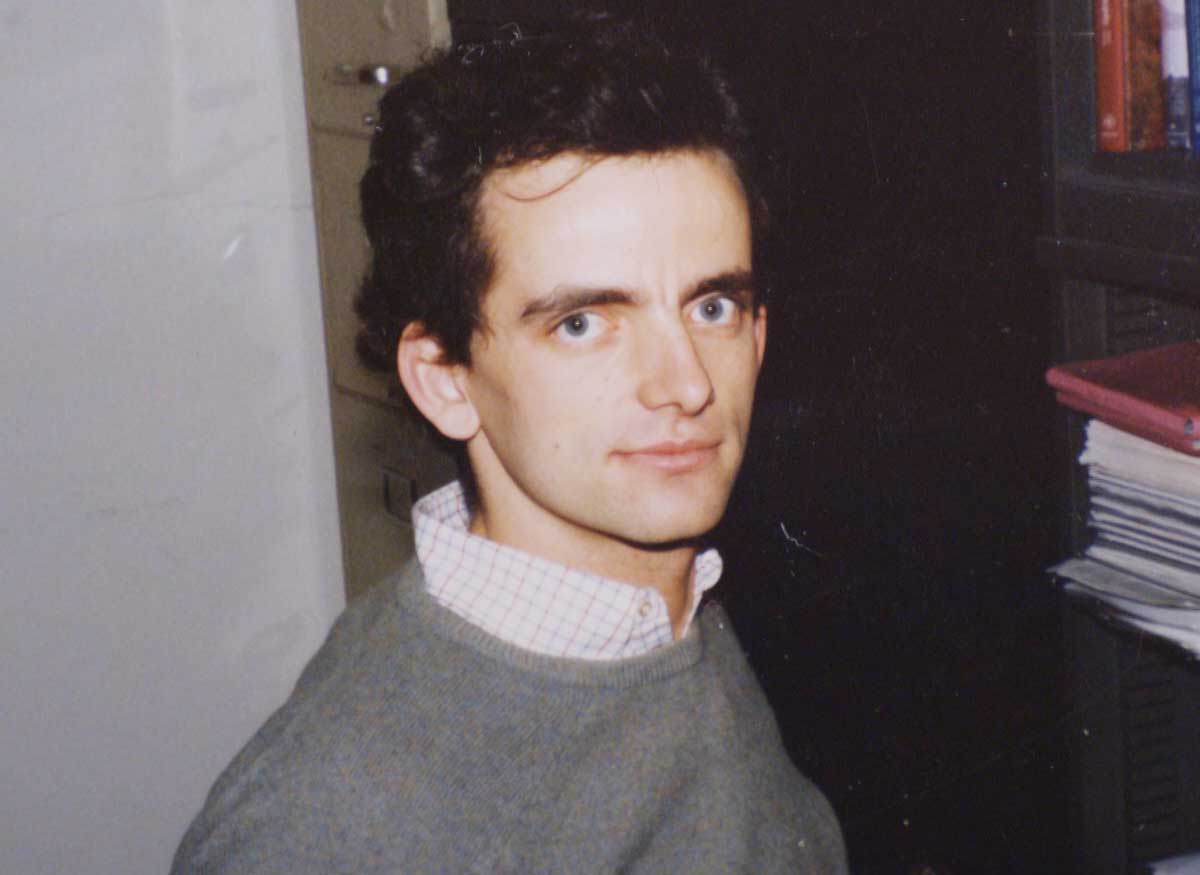
An Encounter with Satellites and a Mentor
Earth Observation Satellites and a Project in Burkina Faso
In 1985, I was offered a PhD fellowship. One of the first civilian earth observation satellite, Landsat, had been launched a few years earlier, mostly to monitor natural resources such as vegetation cover, soils, hydrology. In the previous decades, aerial photography was used for environmental monitoring, but these photos were difficult to collect and you could only get one coverage every 10 to 15 years. With satellites, it is possible to observe the land much more frequently with a great level of detail and the data can be analysed on computers. It created a revolution in the way we measure land cover dynamics. The goal of my PhD was to use these satellite data to better understand how people use land in the African Sahel as, at that time, there were a lot of worries about the expansion of the Sahara Desert. In Burkina Faso, every ethnic group is using land in a different way. I was able to detect the footprint of these ethnic groups on satellite images. It was one of the first studies looking at the human dimensions of environmental changes by using Earth observation satellites.
Merging Data from Satellites and People
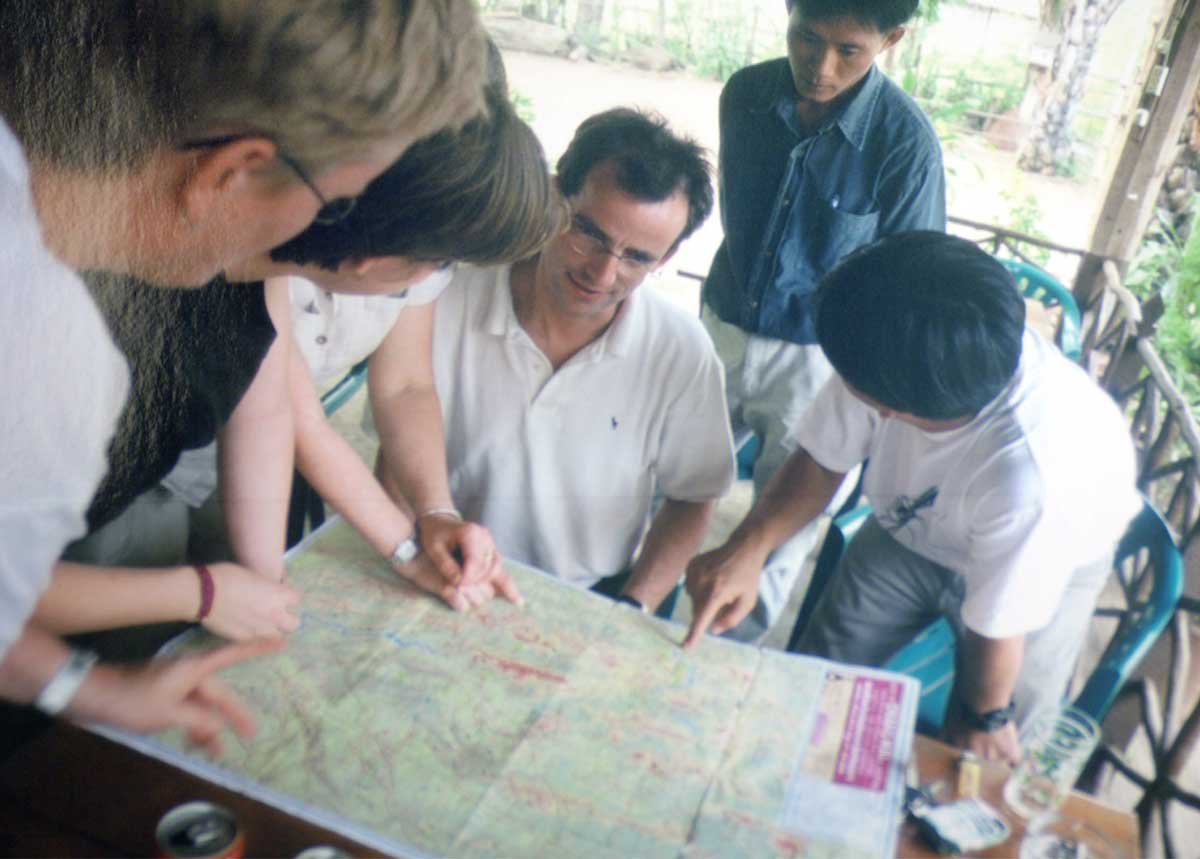
Fieldwork with colleagues
For my PhD research, I acquired and analysed Landsat data and went to Burkina Faso to conduct fieldwork. I bought a motorbike, carried a small tent and I travelled for two to three months in a row, roaming across the Sahelian landscape.
Fieldwork is an important component of my research to relate what you see on satellite images to what you see on the ground.
For the satellite data to reveal information on the social organization and the practices adopted by farmers and cattle herders, I linked satellite images with socio-economic data that I collected by interviewing people in their villages. This integration was a powerful way to understand human-environmental interactions. I was always hosted very kindly by local communities. When I would leave, they always gave me a few live chickens. I carried them on my motorbike as I was traveling. I was well fed thanks to those communities! A military coup in Burkina Faso in 1987 plunged the whole country in a big turmoil. During the coup, I was working in the field in a remote part of the country and was not aware of what was going on. As I was travelling with maps, satellite data and field equipment, I was mistaken for a spy. I had to leave the country in a hurry, and it was the end of my fieldwork.
Linking People to Pixels

Cameroon, 2015
Over the years, the integration of satellite images with socio-economic data became more sophisticated. On the one hand, I started to have access to longer time series of satellite data that revealed how landscapes were changing over several decades. On the other hand, the GPS technology made it possible to locate every interviewed actor very precisely in the landscape.
For our research projects, we select random samples of many land managers – farmers, herders, ranchers — and we interview them about their land use practices. With exact geographic coordinates measured by GPS associated with each interview, we are able to locate these actors on the satellite data, thus linking people to pixels. In this way, we quantify and better understand the interactions between land-use decision-making and changes in landscapes and natural ecosystems.
Encounter with a Mentor
In 1987, I presented my work as a young PhD student at an international conference in Abidjan, Cote d´Ivoire. After the conference I went to the airport to take my plane back to Belgium and saw Professor Alan Strahler waiting for his plane. He was a renowned expert in analysing satellite data. I approached him and we started to chat about our research. He then invited me to present my work to his department at Boston University. After I gave a seminar there, they offered me a faculty position and I was hired as an assistant professor. I worked for a couple of years in Alan Strahler’s team to refine methods to measure changes in land surface properties, such as vegetation activity and surface moisture, using time series of satellite data. Working with mentors is a good way to acquire new research skills while building your scientific personality.

Land Use Change Analyses from Satellites and Socioeconomic Data
Study on Deforestation and other Environmental Issues
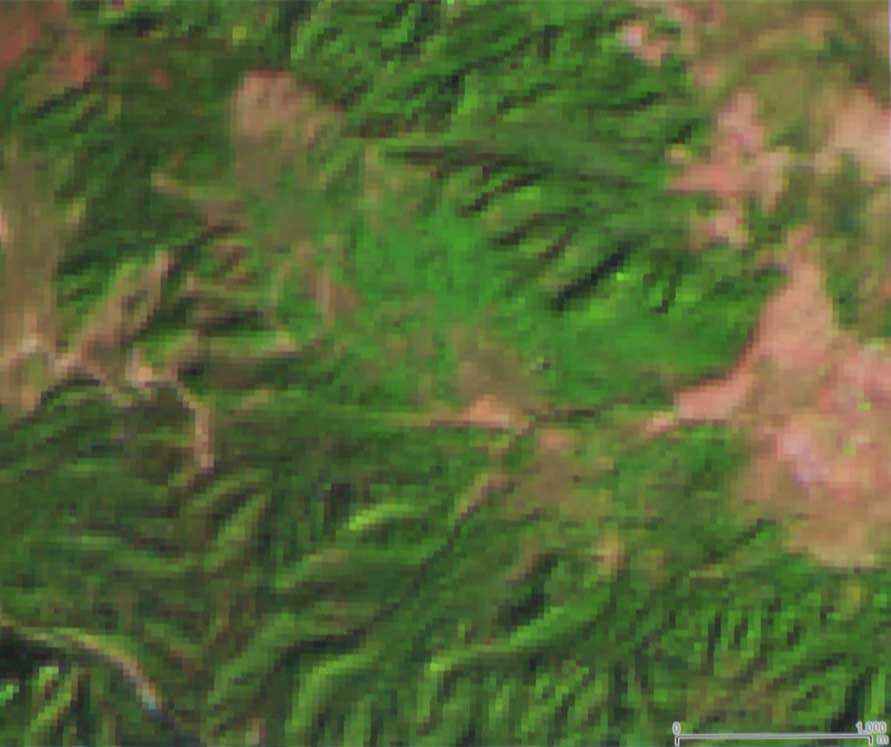
Satellite image of Bhutan
After a few years working at the Joint Research Centre in Italy where I learned yet new skills, I have been leading a research team at the University of Louvain since 1995. We have continued researching the causes and impacts of land-use changes by linking socio-economic data with Earth observation satellite data. I worked all over the world, from the Himalayan Kingdom of Bhutan to the Amazon rainforest and the savannahs of the Serengeti and Masai Mara in East Africa. In 2010, I started to split my time between University of Louvain and Stanford University, in California. A periodic change in academic environment is a great way to get re-energised, develop new collaborations and generate new ideas.
International Network on Land Use Change
The Land Use and Cover Change project (LUCC) was an international network of hundreds of scientists working on how best to measure, understand and model land use all over the world. We were each working on different case studies in different regions, but we realized that we would benefit from joining forces and exchange ideas and methods by creating an international network. I have been asked to chair this programme for 7 years. It was a fascinating time in my career because I was exchanging with scientists working on these issues in all continents. We were constantly trying to extract key lessons from studies in different places. For example, someone may study deforestation in Indonesia, in Brazil or in the Congo Basin. There are some factors that are common in the causes and impacts of deforestation across these different regions, and of course there are also factors that are specific to each region. We were bringing all these experiences together through workshops, conferences and systematic comparative analyses. It really allowed us to make big leaps in understanding of land use dynamics on a global scale.
Studying Forest Transitions
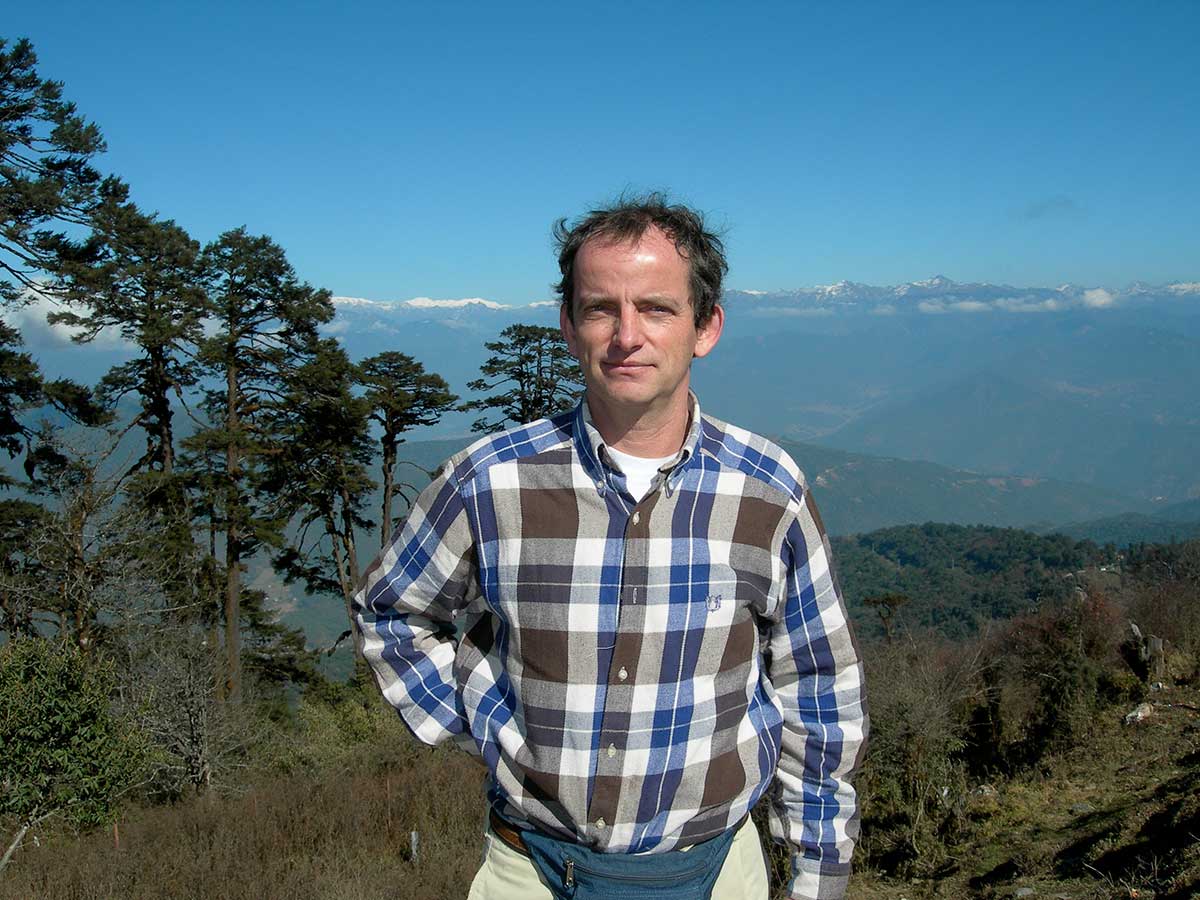
Bhutan, 2011
A few developing countries such as Vietnam, Bhutan and Costa Rica have shifted in the recent decades from net deforestation to net reforestation, something we refer to as forest transitions. As we systematically analysed data from each of these countries to understand the factors associated with a reversal of deforestation, we found out something unexpected. All of these countries that protected their own forests had at the same time increased their imports of timber and agricultural products from other countries. In other words, they were offshoring their deforestation. This discovery shed light on the fact that sound land use policies in a few countries are not sufficient to reduce global deforestation; we must also elucidate the link between economic globalization and land use.
In the recent years, my research has focused on the governance of international supply chains of agricultural and timber commodities associated with tropical deforestation. Smart mixes of public and private policies are needed to promote a more sustainable land use globally.
Aiming for More Sustainable Land Use at a Global Level
Advocate for Sustainable Land Use
Currently, I am mostly interested in the upscaling of solutions for sustainable land use. Over the last few years, I have worked a lot on the effectiveness of public policies to promote more sustainable land use, as well as on the private governance of land use, such as through eco-certification systems. Some large private companies have recently committed to make their supply chains more sustainable and deforestation-free.
However, the level of uptake of these solutions remains low. To resolve the crises of deforestation, biodiversity loss and climate change, we need more actors to adopt these solutions to upscale them. I am very fortunate to work with a great team of postdoctoral and PhD students to continue to explore solutions to these complex problems.

Nature, Humans and Happiness
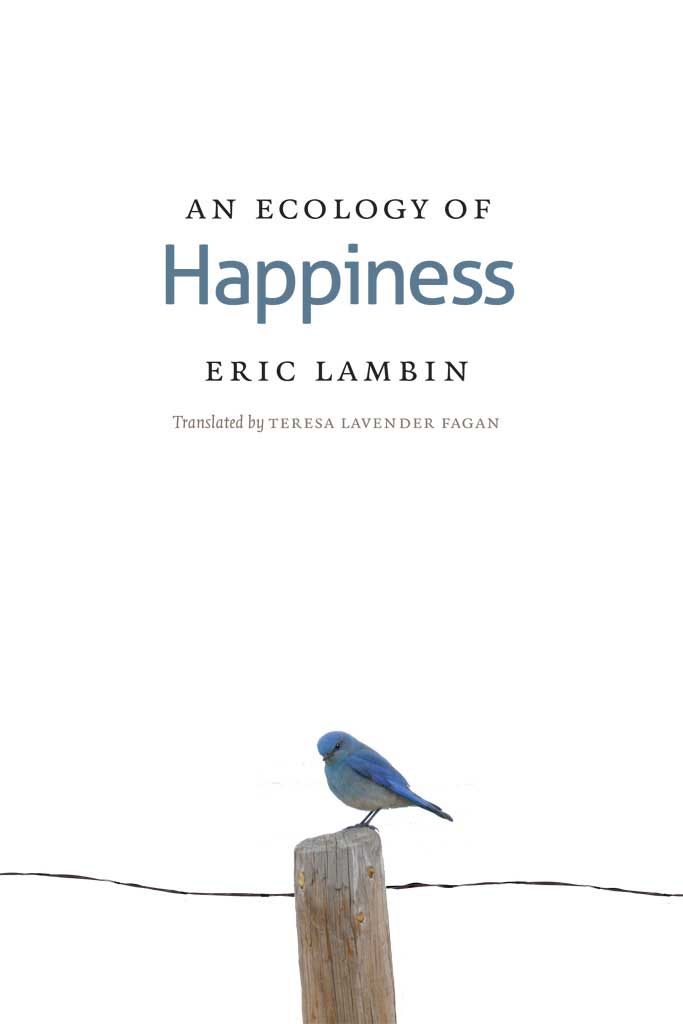
In 2009, I published a book titled An Ecology of Happiness. It analyses how nature is contributing to our happiness. There is a growing body of literature in psychology, sociology and geography that provides solid empirical evidence on nature’s contribution to human well-being. One of the first studies showed that, if you are in a hospital room with a view on nature, you recover faster, require fewer painkillers and improve your general well-being compared to patients in a room with a view on a brick wall or parking lot. This kind of evidence has been replicated in many different situations. Humans were hunters and gatherers before being urban societies. One hypothesis, formulated by Professor E.O. Wilson and known as biophilia, is that we still carry a heritage from our hunter-gatherer ancestors, which explains our innate affinity with nature. Going into a forest, a savannah or into a beautiful natural environment is almost like going home for us. I wrote this book because I was a bit frustrated with some discourses focused exclusively on the need to make sacrifices for the sake of sustainability, to avoid a major catastrophe. While this discourse may work well with a small fraction of the population, many people have different motivations. In this book, I was developing the argument that we should adopt more sustainable behaviours because it has immediate benefits for our well-being, health and security; in short, it´s good for our happiness.
The First Readers
The first readers of my books are my wife and my two daughters. My daughters are working in fields related to sustainability, one on the circular economy and the other one on international human rights. They always give me frank and good advices. My wife comes from the business world, and therefore has a more pragmatic perspective, with a great intuition.

His wife and two daughters
Towards the Future
The Reason He Studies Land Use
The research on land use change has a direct impact on society. Land use is a major component of global environmental change. By changing the land surface, we have an impact on climate, biodiversity, the water cycle, food production, zoonotic diseases, etc. Land use is the most direct interface between human activities and natural ecosystems. As a geographer, I have always been fascinated by the complexity of these coupled human-environment systems.
Message from Professor Lambin
We humans do understand the dangers of the trajectory on which humanity is currently traveling. We know the solutions. Most of them are already being implemented with success by some pioneer communities, countries, and private companies. The major challenge is to upscale these solutions to create a system-wide transformation. What mechanisms will allow existing solutions to be applied at scale to truly change the trajectory of our global economic system? One approach is for public policies to mandate adoption of some of these solutions. Another one is the adoption of these innovations by large private companies that have the power to impose more sustainable practices throughout their supply chains. Eventually, a change in social norms is what will change behaviours. My main message for children is to cultivate the hope that we can make the world a better place. We all have to contribute and adjust our behaviours. There is a window of opportunity to create a world that is more sustainable and more just, with value systems that are less materialistic and more based on social, cultural and spiritual values. It is an enormous challenge. It is the great human project of the 21st century.